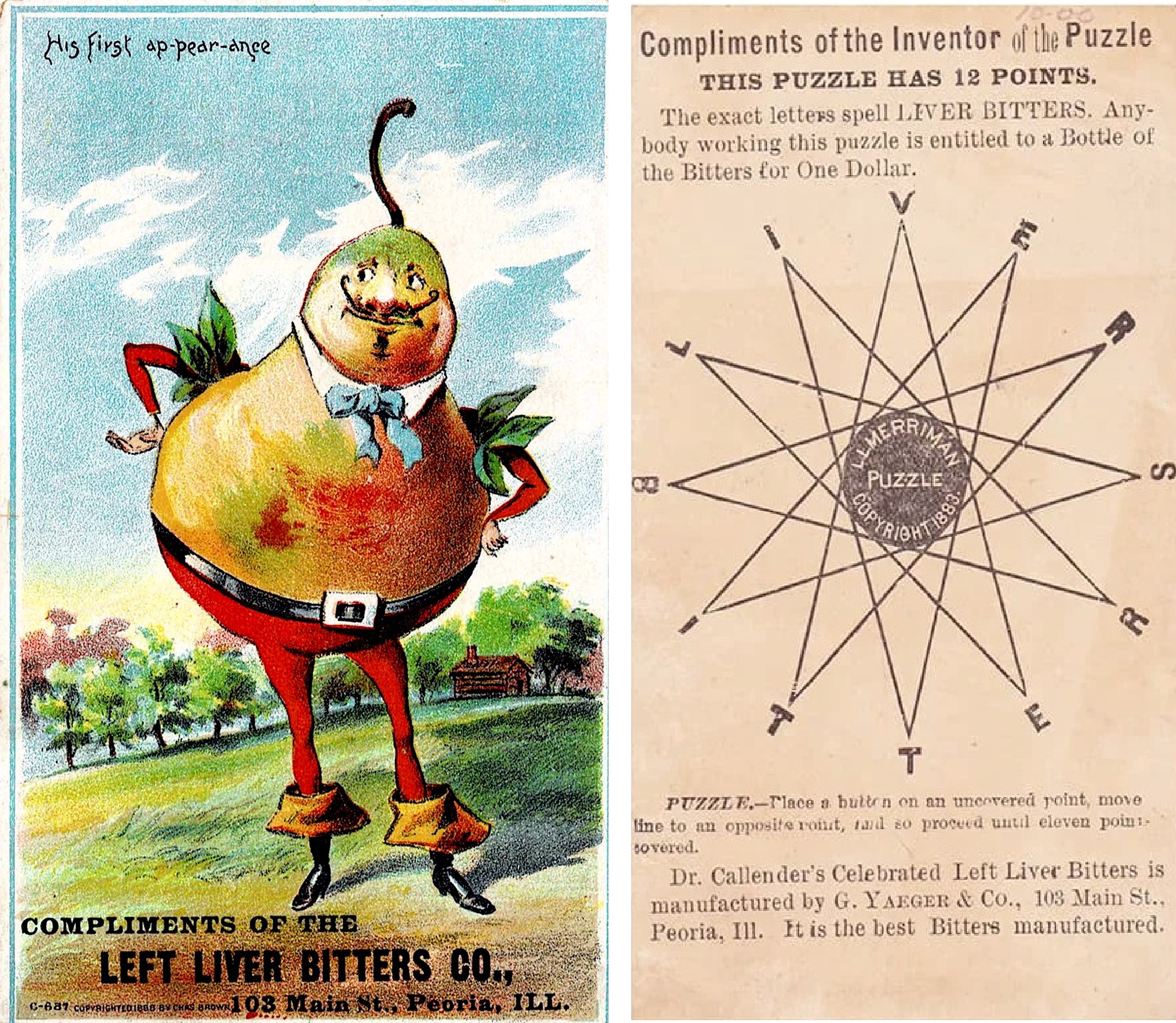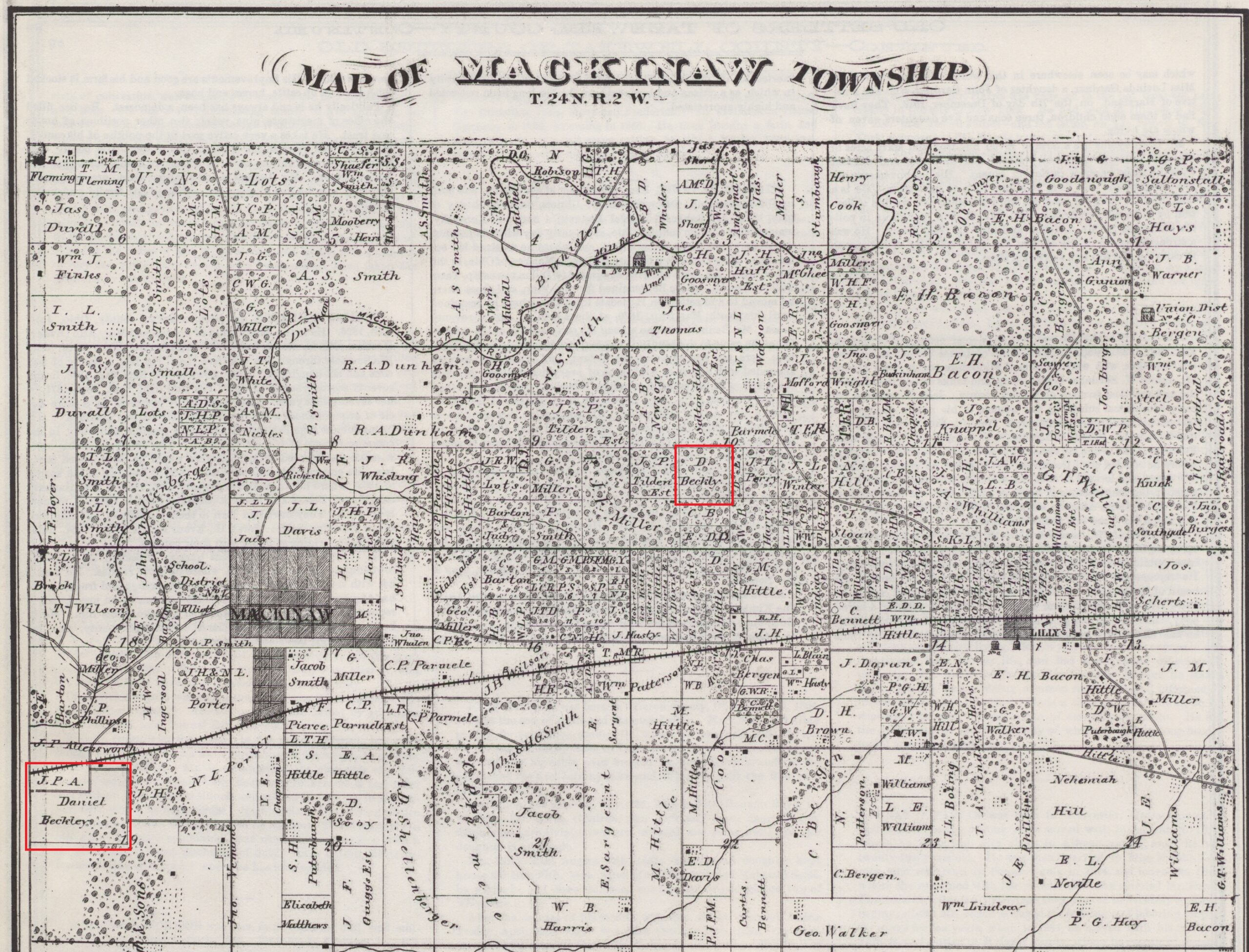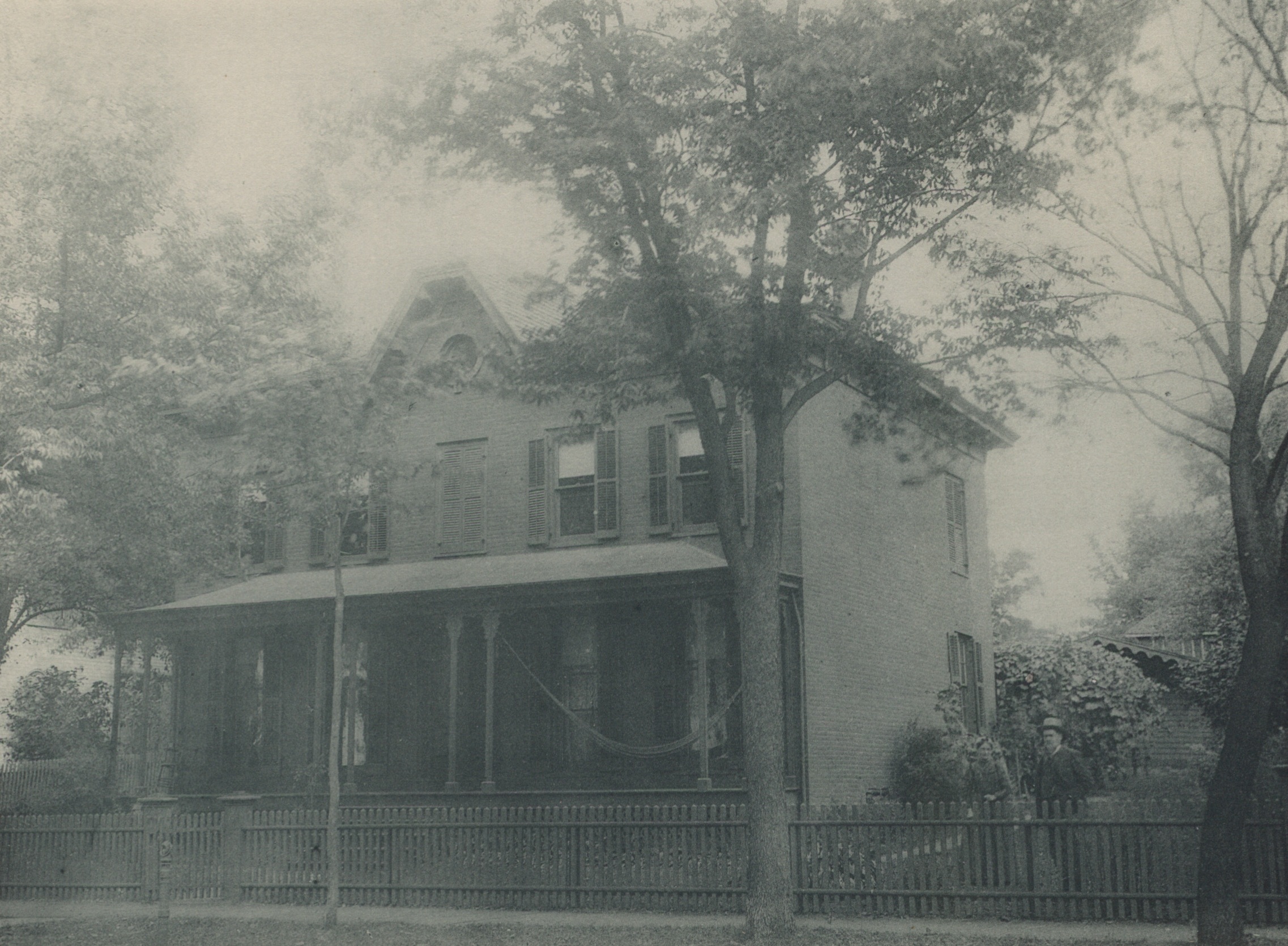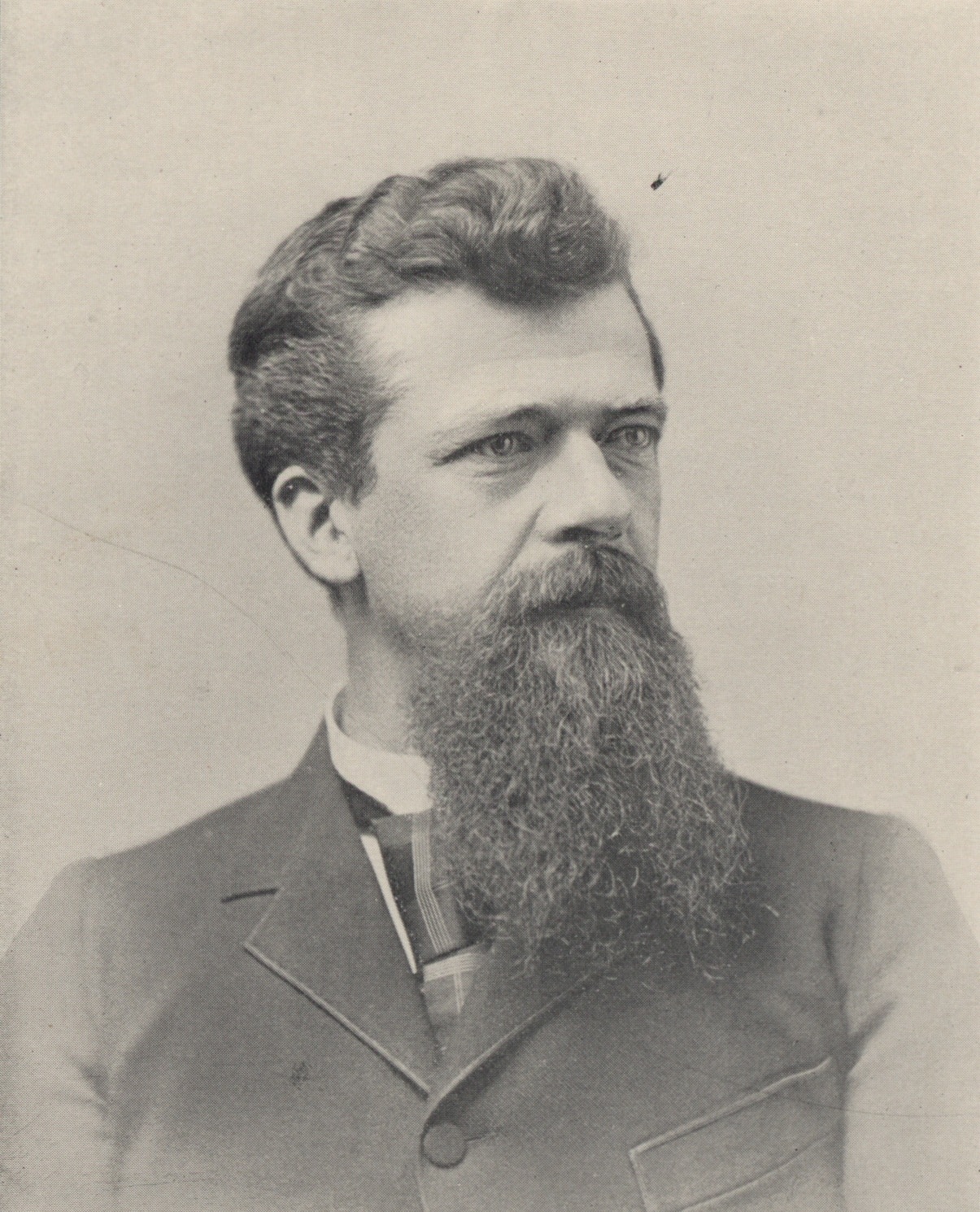This is a reprint of a “From the Local History Room” column that first appeared in July 2014, before the launch of this weblog.
Tales of childhood from Pekin’s past
By Jared Olar
Local History Specialist
The history of Pekin and Tazewell County consists of the names and the doings of pioneer settlers and Native Americans, the founding of towns and cities, the building of roads and bridges, and the lives of notable businessmen and political leaders.
However, to begin to get a better understanding of what happened in Tazewell County’s or Pekin’s past, and why it happened, we need to consider not only the prominent people and events of local history, but the stories and memories of the everyday lives of ordinary people in the community.
One example of such everyday memories is a 25-page manuscript that records personal stories written down by Mary Aydelott Robertson in the 1960s and compiled in the 1990s by her daughter, Mary Louise Robertson Wilde, entitled, “Tales From Childhood – Pekin, Illinois, c. 1898-1912.” A copy of this manuscript is preserved in the Pekin Public Library’s Local History Room. Wilde explains the background and the nature of her mother’s stories in some introductory remarks:
“At some point, she began writing up adventures from her own life, then typing them with carbon copies. . . . And in the late 1960s (I can place the time by her frugal use of scrap paper with various dates printed on it!), she began to write these stories about childhood as she knew it in Pekin, Illinois, at the turn of the century. I don’t know exactly why she had her older brother, John, as the main character of the tales. . . . Anyway, I’m sure that all the events in the (unfinished) manuscript actually took place. I do detect a certain creativity in the conversations and the feelings attributed to John (some of which I edited out while typing the stories). But the people, the time, and the place have come alive for me as I worked with these tales, and I hope that the same thing will happen to you.”
Here is an excerpt to give the “feel” of Robertson’s stories, from pages 19-20:
“Papa was the head of a grain and commission business. Every morning and afternoon he walked down St. Mary’s Street to his office near the river. Uncle Will often walked with him, because he worked in another grain and commission office across the street from Papa’s. The competition of the two companies did not make any difference to the two brothers, who were very close to each other. Both companies had grain elevators above the river bank, with railroad tracks between the elevators and the water. Papa’s elevator was red, and Uncle Will’s was gray, but otherwise they looked much the same. . . .
“When the children were not in school, Papa often let them walk down to work with him. They liked to watch the farmers drive their loaded wagons onto the big scales to be weighed, and then to see the little cups carrying the grain up into the upper part of the elevator, to be stored. Papa knew all of the farmers by name, and the children knew many of them, too. Particularly, they knew the farmers who lived between town and the farm where the cabin was. They were interested to hear about Marie’s new colt, which was to be her very own, or about the black and white dog that had to be tied up, because it chased the chickens. Next time they drove out to the farm, the children would watch for the colt, or for the black and white dog. . . .
“There were other interesting things about Papa’s business. The company owned other grain elevators up and down the river, but these were not on the railroad to Chicago, as the home elevator was. The company owned a fleet of barges, and a sturdy old side-wheeler to pull them. These barges brought the grain from the other elevators for transshipment to the Chicago grain market. There was also a cabin boat, which could be attached to the steamer. This boat was useful for many errands, such as transporting workmen to the river elevators. But what the children liked about it was that the family could take trips on the river . . . .
“The cabin boat could house the family comfortably, and even provide room for guests. In addition to the double-decker bunks in the two bedrooms, there were cots in the living room, and on the front deck, or porch. With a convenient little galley and a small dining room at her disposal, Mamma said it was like playing at keeping house. Sometimes the cabin boat trailed behind the steamer, or sometimes behind the whole string of barges. When it was at the end of the string, Mamma liked to sit on the rear desk, and watch things getting smaller and smaller as the boat pulled away from them. On still other trips, the cabin boat was hitched to the front of the steamer, which then pushed it up and down the river. The children liked this location best.
“Empty barges were fun to play in. One could run shouting down the length of the empty boat, listening for echoes. Or one could play ball inside, without fear of the ball flying into the water; if they played on the roof of the barge, that happened all too often. Barges loaded with wheat or corn were great fun, too. The children loved to burrow or roll in the grain, as if it were a sand-pile. Mamma was a little afraid that the children might smother in the grain, but Papa pooh-poohed the idea. Still, he made a rule that no child could go alone into a barge filled with grain. John was older than the other children, and he was not quite so interested in trying to build forts and castles of the slippery material. However, whenever the other children wanted to play on a full barge, he always went along. When Mamma realized that he would always be there, she didn’t worry as much, and enjoyed the boat rides more.”










